This story was published as part of our joint Equitable Cities Reporting Fellowship For Reparations Narratives with Richmond’s VPM News.
Whether you’re protesting a new highway proposal or working to develop a plan for reparations in your city, the new year is a perfect time to reflect on your role as a local advocate and consider ways to more effectively promote the causes you hold near and dear.
Advocacy is a powerful tool for driving change, and by refining your approach, you can make an even greater impact. Here are three ways to be a better advocate in 2024.
Get familiar with your new state officials and other advocates
Dedicate some time to identifying any new state officials prior to state legislative sessions. Many states start their sessions in January, while others may start a bit later; check your own state’s start dates here. States that maintain a legislative body composed of full-time legislators have the option to meet beyond their regularly scheduled meetings throughout the year following an adjournment. Being aware of major shifts in your state’s legislative makeup could be pivotal in being more effective this year.
Here in Virginia, the General Assembly had a record exodus in 2023, with many legislators retiring, pursuing different seats outside of state legislation and more. “At a minimum, it’s 581 years of experience guaranteed not returning,” says former state delegate Chris Saxman, now the executive director of Virginia FREE, a nonpartisan political organization with a business focus.
VPM reports that the Virginia General Assembly that meets this month will look much different: Seventeen of the 40 state senators and 34 of the 100 members of the House of Delegates are newly elected. Building meaningful connections with these elected officials early can pay dividends in the future. Advocacy isn’t a solo journey; it requires collaboration and support.
In the new year, make a conscious effort to expand your network by connecting with like-minded individuals and organizations. Attend community events and advocacy days, join online forums, and participate in local initiatives. By building a strong network, you not only amplify your voice but also gain access to valuable resources and insights. Chances are you aren’t alone or the first to consider tackling a local issue.
Start a newsletter
Speaking of building a strong network – the new year is the perfect time to start developing a stronger platform to share your vision and calls to action. In an age where local media, especially hyperlocal media, are few and far between, a well-executed locally-focused newsletter can drive interest and change. And platforms like Substack, Beehiiv and Ghost have made it easy to begin building your own audience with a newsletter.
While more traditional methods have been tried and true regarding grassroots organizing, digital media allows you to grab the attention of a much larger audience without much additional work. Rather than having to knock on doors or drop off flyers, advocates can lean into the digital age by curating a newsletter and social media presence that meets the needs of their community members.
Consider diversifying your sources of information to gain a well-rounded perspective on the issues you advocate for. Engage with people who may have different opinions, and be open to understanding alternative viewpoints. This not only strengthens your arguments but also allows you to anticipate and address counterarguments effectively. It can also open you up to new information and new strategies on how to effect change.
An educated advocate is a formidable force for change — ultimately leading to a newsletter people will want to not only read but begin to rely upon.
Rest and refuel
It’s important to take a step back and regather yourself every once in a while. Self-care is easy to neglect while pursuing this work, and burnout may seem inevitable for many.
Taking the beginning of the year to prioritize self-care. Being intentional about adequate sleep, breaks, and leisure is something you shouldn’t compromise on in the new year.
Rest is a cornerstone of effective advocacy work and essential for sustaining your passion and productivity. Burnout can compromise your efforts. Getting adequate rest enhances cognitive function, creativity, and emotional resilience — all crucial in navigating complex social issues with persistence, even as all the forces seem to be standing against you.
A well-rested advocate is more capable of generating impactful solutions and maintaining long-term commitment. Recognizing the symbiotic relationship between rest and advocacy is pivotal for creating lasting change and fostering a healthier, sustainable approach to social justice initiatives.
Ensuring all three of these things are present in an advocate’s routine will be vital to being healthy enough to perform at a peak level. Rest becomes resilience, relationships forge solidarity, and a local newsletter becomes the heartbeat of organized advocates — empowering change with every shared insight and every collective breath.

Barry Greene, Jr. is Next City's Equitable Cities Reporting Fellow For Reparations Narratives and a native of Southside Richmond, Virginia. Through his newsletter and moniker “density dad,” Greene is constantly working to spread awareness of the necessity to think of families with young children as well as seniors within the built environment. As a 2023 NACTO Transportation Justice Fellow, Barry aims to help Richmond return to its glory days of leading the industry in public transportation. You can catch him commuting by Brompton, bus or both in conjunction.


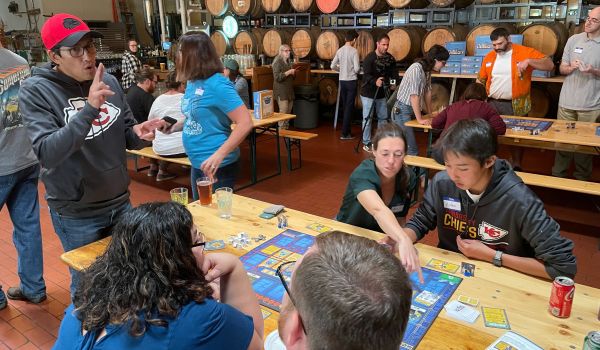
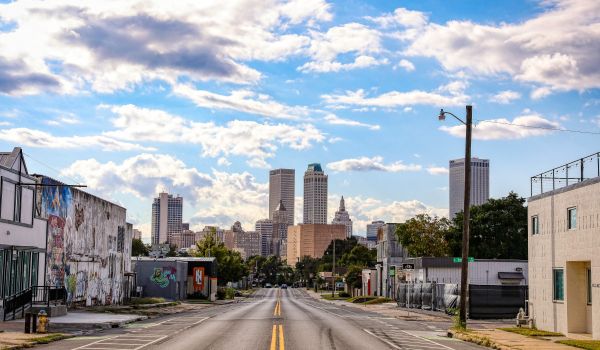
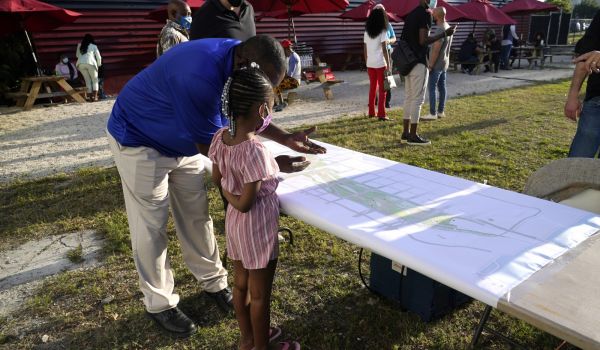

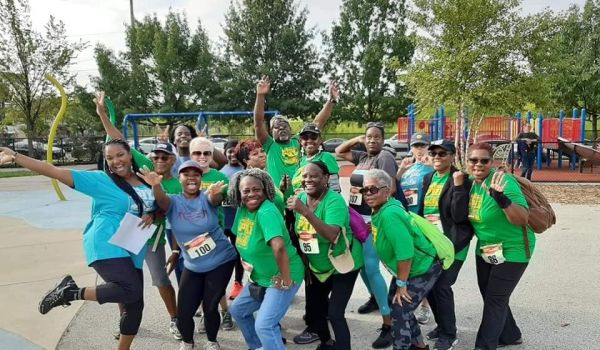
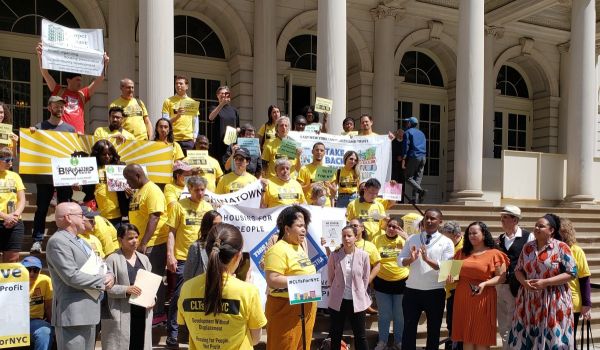
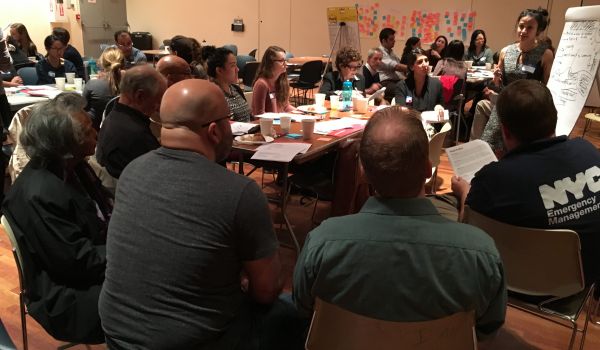
_600_350_80_s_c1.jpg)




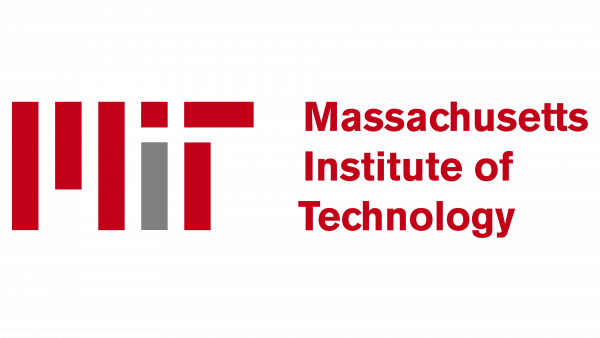


Add to the Discussion
Next City sustaining members can comment on our stories. Keep the discussion going! Join our community of engaged members by donating today.
Already a sustaining member? Login here.